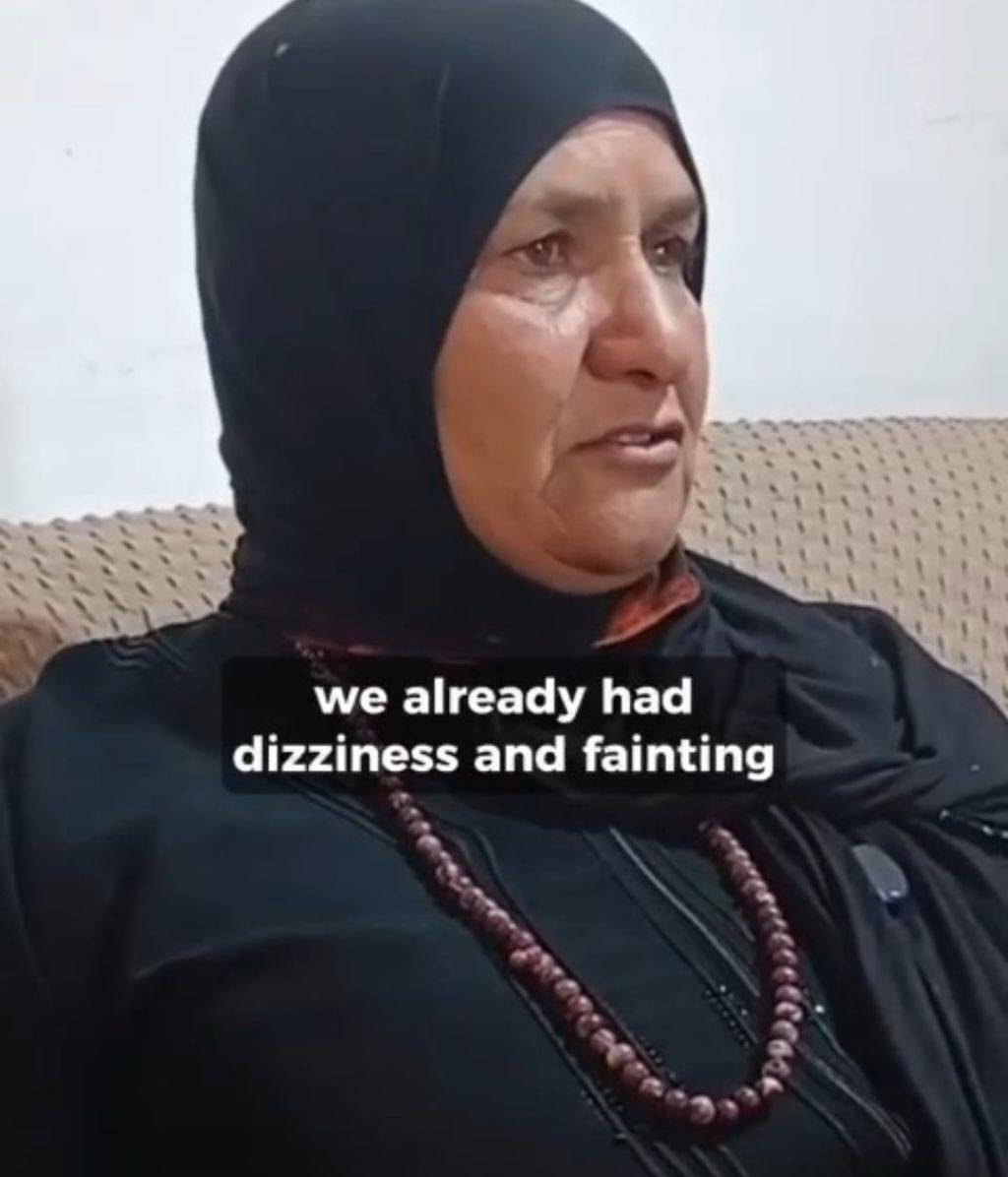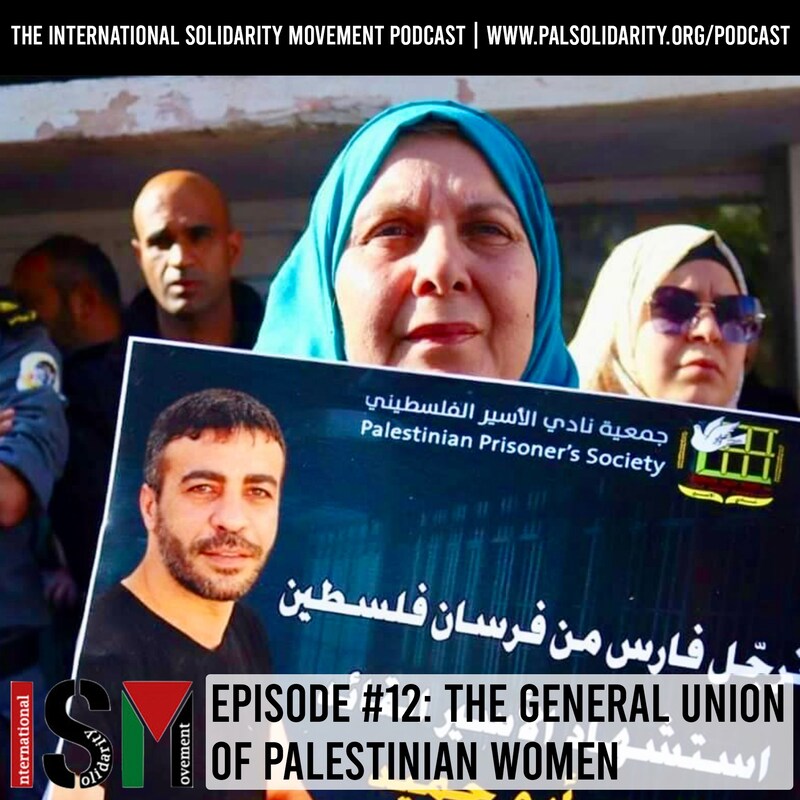Tag: Women
-
60 women on hunger strike in Umm al Khair
Since Thursday, more than 60 women have been on hunger strike in Umm al Khair to demand the return of the body of Awdah Hathaleen. On Thursday, July 31st, more than 60 women in the Palestinian village of Umm al Khair, in the Southern West Bank initiated a hunger strike to demand the return of…
-
ISM Podcast Episode 12: The General Union of Palestinian Women
ISM Podcast 12: The General Union of Palestinian Women TRANSCRIPT: Hey, welcome to the International Solidarity Movement podcast. يلا اهلاً وسهلاً بكم في حلقة حركة التضامن الدولية، فلسطين [This transcript has been edited for clarity] Welcome to the ISM podcast. In this episode, we interview Nada Tweir from the General Union of Palestinian Women in…
-
Inheriting resistance in the South Hebron Hills: “I am my father’s daughter, if he can do this, so can I… and more”
August 6 | International Solidarity Movement | South Hebron Hills, occupied Palestine “My life is occupation … all the time you have to be ready for the bad, and the most bad you can imagine,” Sameeha Huraini tells me, as she explains the reality of day-to-day life in the South Hebron Hills. She is just…



